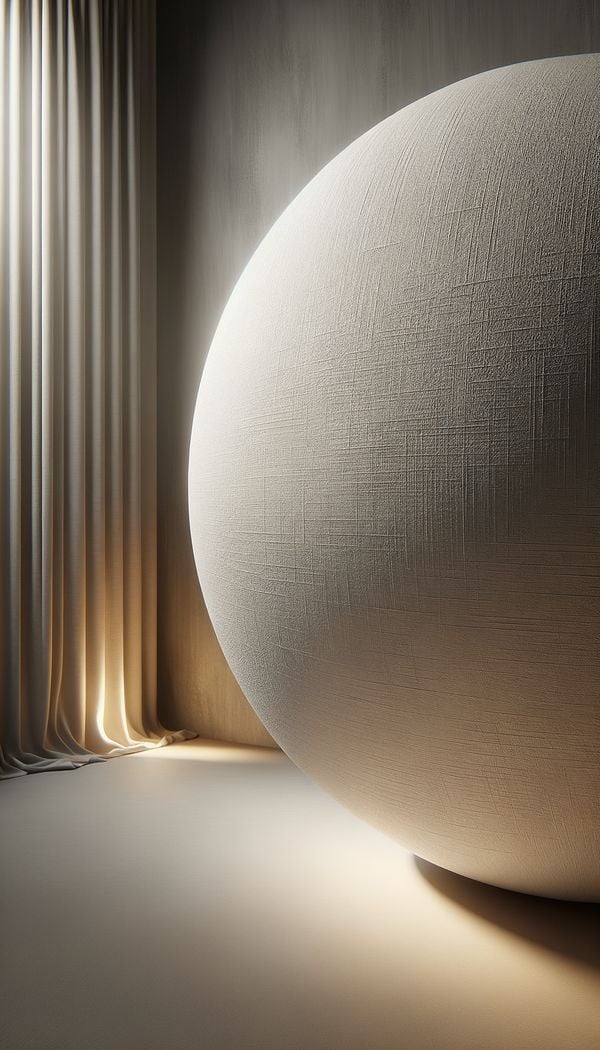What is Dragging?
Dragging is a decorative painting technique used to create a striated effect on walls or furniture.
Description
Dragging in interior design refers to a faux finishing technique that involves pulling a brush, comb, or another tool across wet paint to remove some of the wet layer, leaving behind a textured pattern that mimics the appearance of various fabrics or natural materials. It is most frequently used on walls or furniture to add depth, interest, and a subtle, sophisticated texture to a plain painted surface. This technique can emulate the look of materials such as linen, silk, or even wood grain, depending on the tools used and the direction of the drag.
The beauty of dragging as a decorative technique lies in its ability to transform a simple painted surface into a work of art. It adds a layer of complexity and visual interest that is hard to achieve with standard painting methods. The skillful application of dragging can turn an ordinary room into a standout space with added texture and depth. Moreover, this technique offers a fantastic way to refresh outdated decor or furniture, giving items a new lease on life with a modern twist.
Mastering the technique requires practice, as the pressure applied and the speed of dragging are crucial in achieving the desired effect. The type of brush and paint consistency also play a significant role in the final appearance of the dragged finish.
Usage
In a living room, dragging might be used on the walls to simulate the look of fine linen, adding a refined texture that enhances the overall aesthetic. Similarly, in a bedroom, a dragged finish on a wooden dresser can introduce an element of rustic charm, resembling a subtle wood grain pattern.
FAQs
-
What tools are needed for dragging?
A wide, flat brush or a special dragging brush, along with paint of a suitable consistency, are essential tools for performing the dragging technique.
-
Can dragging be done over any paint finish?
Yes, dragging can be performed over most paint finishes, but the base coat should be completely dry, and using a glaze over the base coat can help in achieving smoother results.
-
Is dragging suitable for all rooms?
Yes, when chosen carefully, the dragging technique can add texture and depth to any room, complementing a wide range of interior design styles.
Practical Application
To start dragging, apply a base coat of paint and let it dry completely. Next, apply a glaze or a thin coat of a contrasting color. While the second coat is still wet, use a dragging brush to pull the paint downwards (or in your desired direction), creating the textured striations. Test the technique on a sample board first to get a feel for the right pressure and speed.
-
Louis XIIILouis XIII is a style of interior design and architecture originating in France during the reign of King Louis XIII.
-
Rice Carved PostersRice carved posters are decorative elements found on furniture, showcasing intricate designs carved into wood that resemble stalks of rice.
-
EncoignureAn encoignure is a corner cabinet or piece of furniture designed to fit into a room’s corner.
-
VoileVoile is a lightweight, sheer fabric, often used in soft furnishing and garments.
-
CorniceA cornice is an ornamental molding that runs along the top of a wall or a building.
